Understanding the Impact of Alcohol, Tobacco, and Other Drugs
Explore the effects of alcohol, tobacco, and various drugs on the body, mind, and behavior. Learn about different substances, their impacts, and how our words can shape perceptions. Discover the basics of stimulants and depressants, along with insights into how substances affect the brain and body. Establish group agreements for open discussions and engage in grounding activities for a safe environment.
Download Presentation

Please find below an Image/Link to download the presentation.
The content on the website is provided AS IS for your information and personal use only. It may not be sold, licensed, or shared on other websites without obtaining consent from the author. Download presentation by click this link. If you encounter any issues during the download, it is possible that the publisher has removed the file from their server.
E N D
Presentation Transcript
Alcohol, Tobacco & Other Drugs a lesson from iknowmine.org Version 1.0
Grounding Activity Sit with back straight and eyes in front of you Put both feet flat on the floor Close your eyes Focus on your breathing
Group Agreements In our conversation, we want this room to be a space where: Everyone feels safe to share Differences of opinion are okay Privacy is protected no one should feel like they have to talk about things they don t want to talk about Discuss mandatory reporting There is no need to share personal stories We use self care (step out if you need to) What would you like to add or change?
Our Words Matter How we talk about substance use and overdose can impact how we think of, and treat, other people. An individual should not be defined by their substance use, but by their whole being. Junkie, Addict Person with Substance Use Disorder Addicted to X Has an X use disorder
Substances: The Basics Stimulants and depressants are the two main kinds of substances (AKA uppers and downers)
Substances: The Body Here are a few examples Alcohol can cause liver and heart damage and increase risk for cancer and other diseases Tobacco increases risk of lung and heart disease, yellowing of teeth and skin Prescription Opioids/Heroin can cause confusion and nausea while also slowing or stopping heart rate and breathing Cocaine can lead to nasal damage, loss of smell, and damage to the intestine
Substances: The Brain Mimic the brain s natural chemical messengers Overstimulate the reward circuit of the brain Change in feelings and moods Send wrong messages Cause poor judgement and decision making and slows learning Makes it hard to feel happy Neurons Pleasure Emotions Substances change the brain, making substance use compulsive or uncontrollable
Categories of Substance Use Substance Use Disorder is a disease that affects a person s brain and behavior leading to an inability to control the use of a substance despite the harmful consequences. Substance Use is when someone consumes substances. Substance use always comes with a risk of developing a Substance Use Disorder. Substance Misuse is when a person consumes substances, despite the fact that they are causing issues in their life. Recovery is a process of change through which people improve their wellbeing by overcoming a Substance Use Disorder.
Substance Use Disorder What does it look like? Spending more time getting, using and recovering from substance use Example: having to sleep longer after a night of partying Continuing using substances even though it causes problems Example: failing exams or missing family functions because of drinking too much Needing more of the substance to get the same effect Example: having to drink more alcohol in order to feel drunk These symptoms can occur with the use of any substance
Being Aware Why do people use substances? Doctor prescribed (Prescription Opioids) Because they are bored or are pressured by their peers To cure feelings of sadness, anxiety, stress, or other Signs to look for: Skipping school, trouble with law, and issues with friends and family Weight loss, lack of regular physical activity, changes in eating habits Alternative activities: Participating in after school activities such as sports teams and theatre groups Attending community and school sporting activities Participating in cultural activities such as hunting, dancing, or cooking
Resources for Help What should I do if someone I know needs substance use help? Talk to a trusted adult such as your Teacher or School Counselor Talk with your Primary Care Provider or Behavioral Health Aide Alaska CareLine 877-266-HELP (4357) Text 4help to 839863 Call the National Suicide Prevention Lifeline 1-800-273-TALK (8255) Remember, you are worthy!
Group Discussion 1. How would you help someone who might be struggling with drugs or alcohol? 2. What is something new you learned today? 3. What is something you can share with friends, family, or your community from today s lesson?
Thank You! For questions, comments, or technical assistance please contact info@iknowmine.org This project was created by ANTHC s HIV/STD Program and Substance Misuse Prevention Program This project was funded in part with grant funds from the AmerisourceBergen Foundation


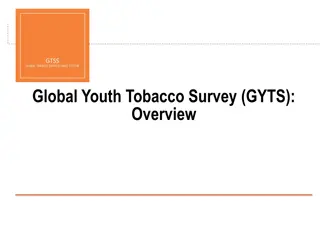
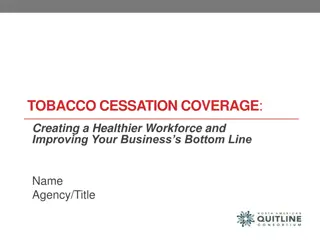
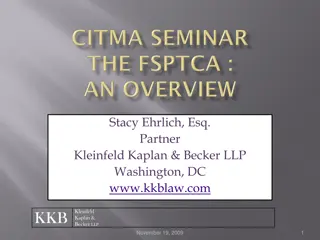
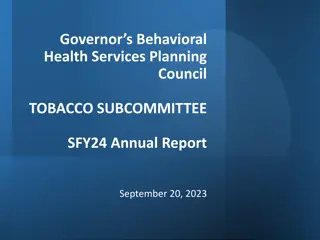
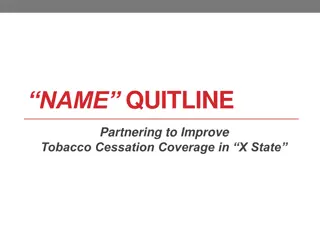
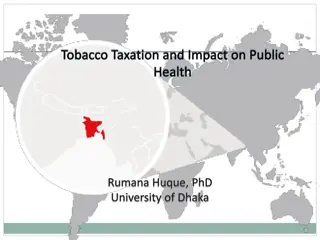
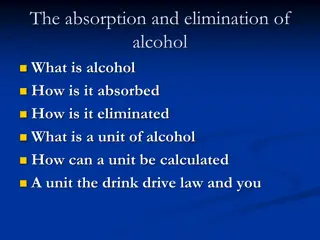
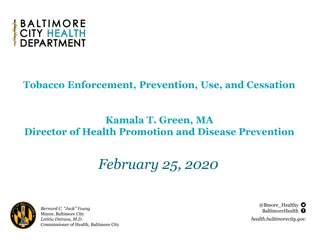
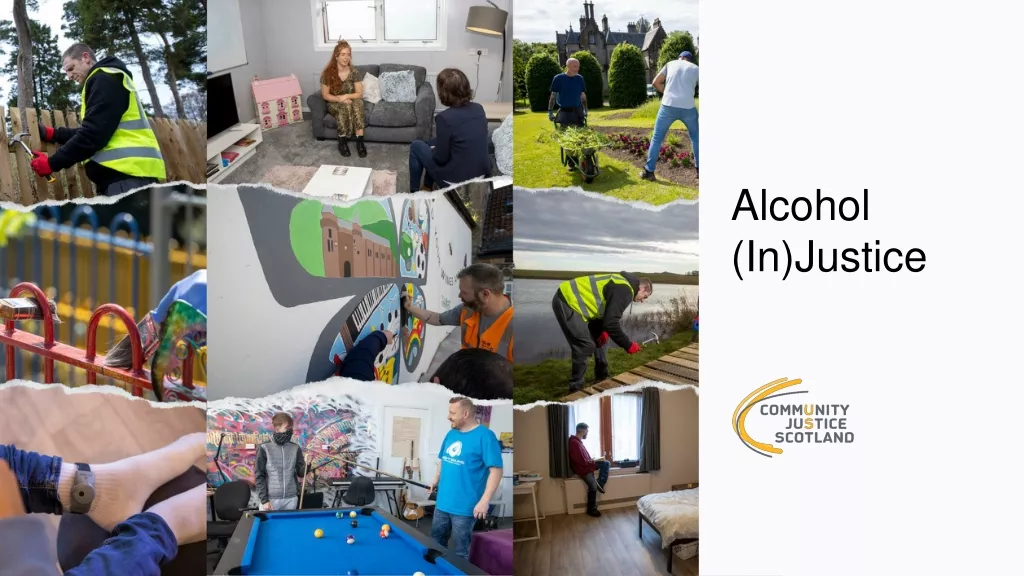
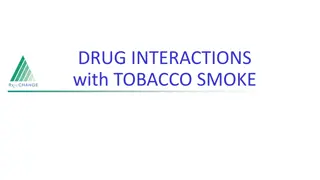
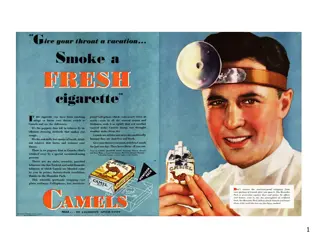
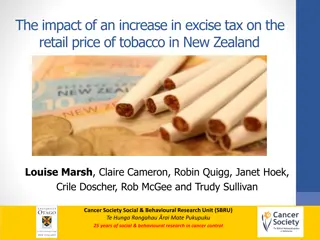
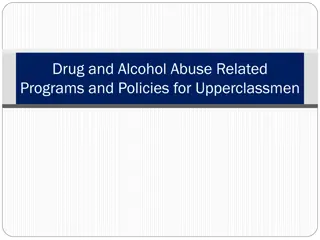
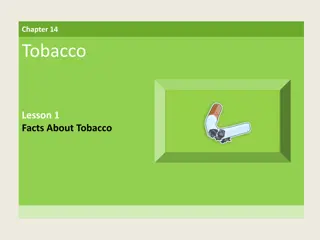
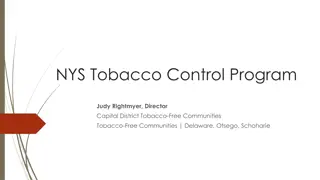
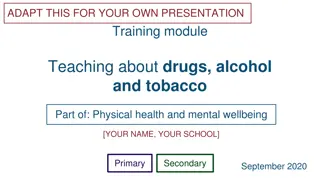
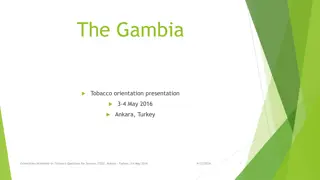
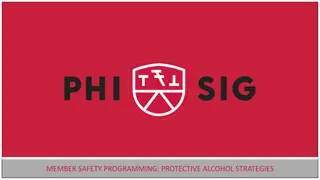
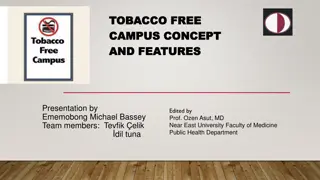
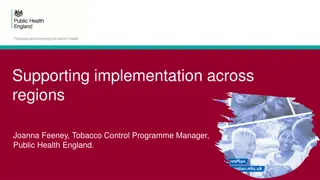
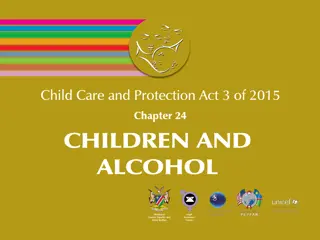
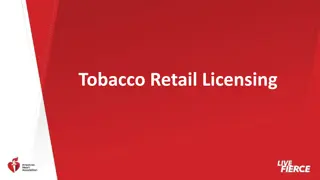
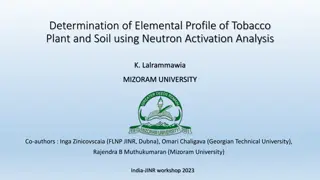

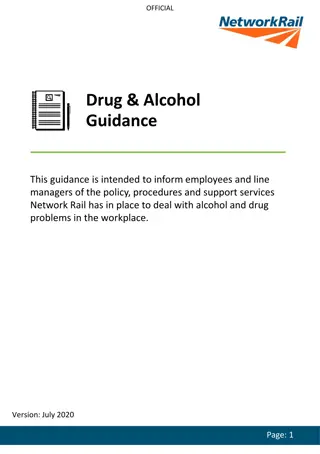
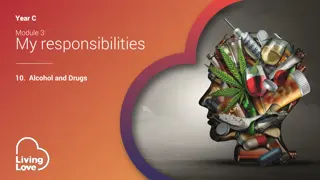
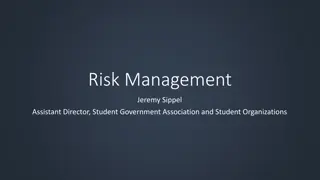
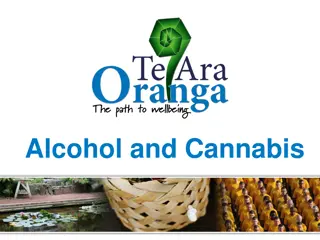
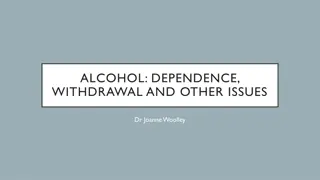
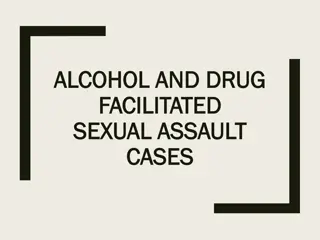
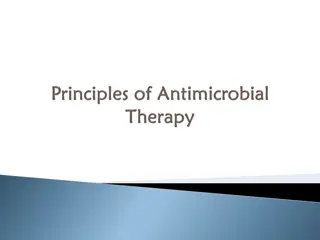
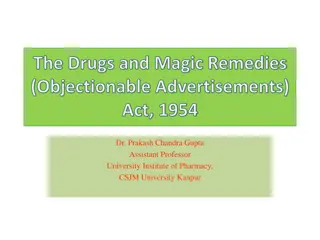
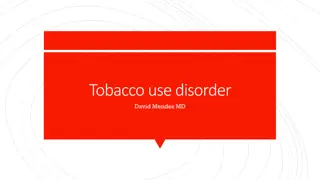
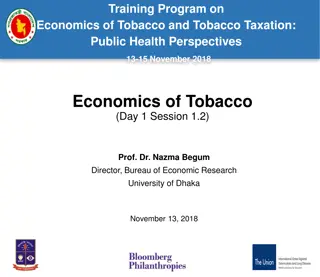
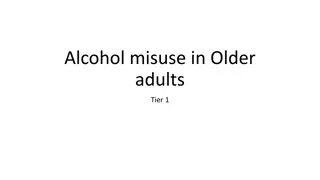
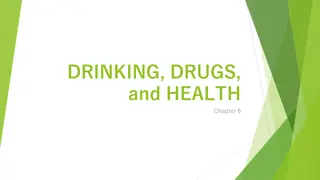
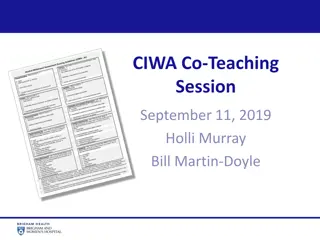
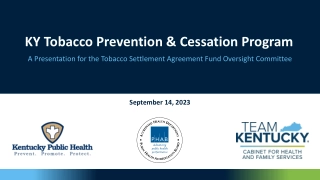
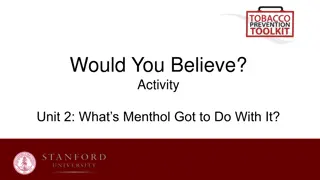
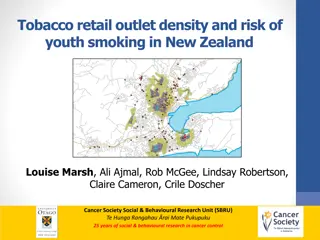
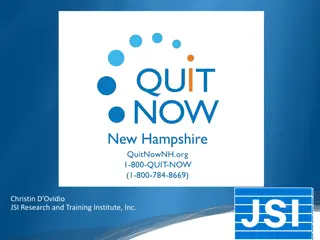
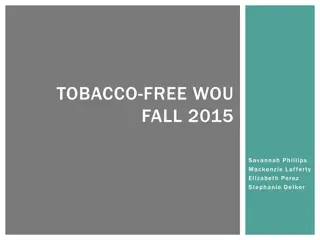
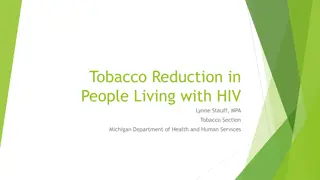
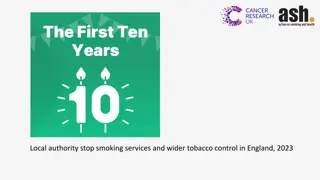
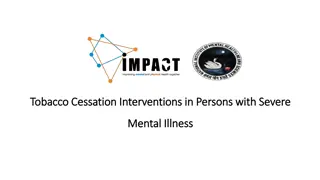
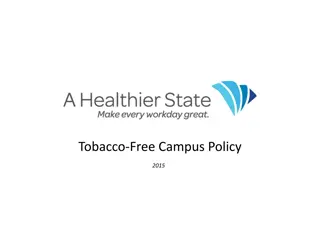
![Protecting Youth Through Tobacco Retail Licensing in [Your County]](/thumb/175307/protecting-youth-through-tobacco-retail-licensing-in-your-county.jpg)
